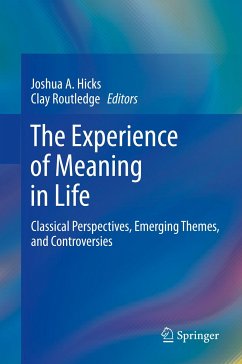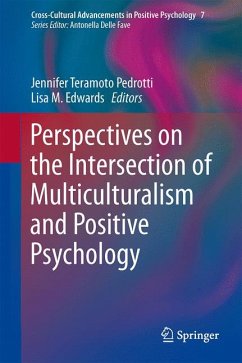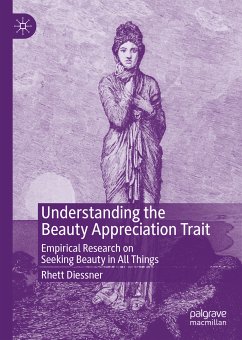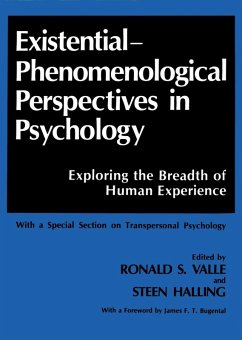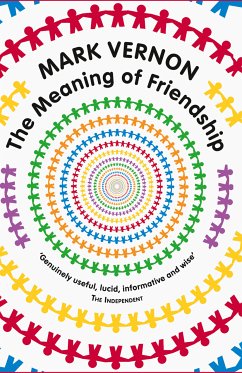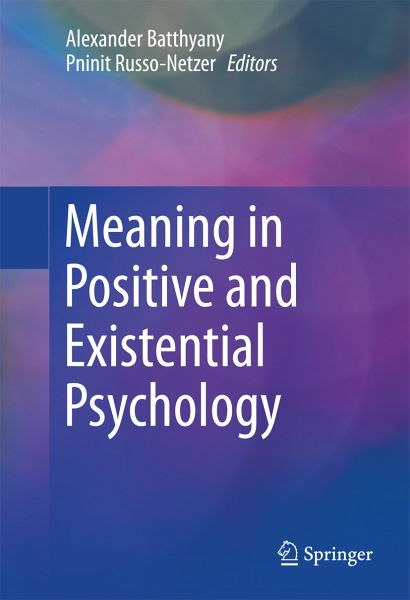
Meaning in Positive and Existential Psychology (eBook, PDF)

PAYBACK Punkte
80 °P sammeln!
This book is a first attempt to combine insights from the two perspectives with regard to the question of meaning by examining a collection of theoretical and empirical works. This volume therefore is destined to become an important addition to psychological literature: both from the viewpoint of the history of ideas (again this would be one of the first times that positive and existentialist psychologies meet) and from the viewpoint of theoretical and empirical research into the meaning concept in psychology.
Dieser Download kann aus rechtlichen Gründen nur mit Rechnungsadresse in A, B, BG, CY, CZ, D, DK, EW, E, FIN, F, GR, HR, H, IRL, I, LT, L, LR, M, NL, PL, P, R, S, SLO, SK ausgeliefert werden.





